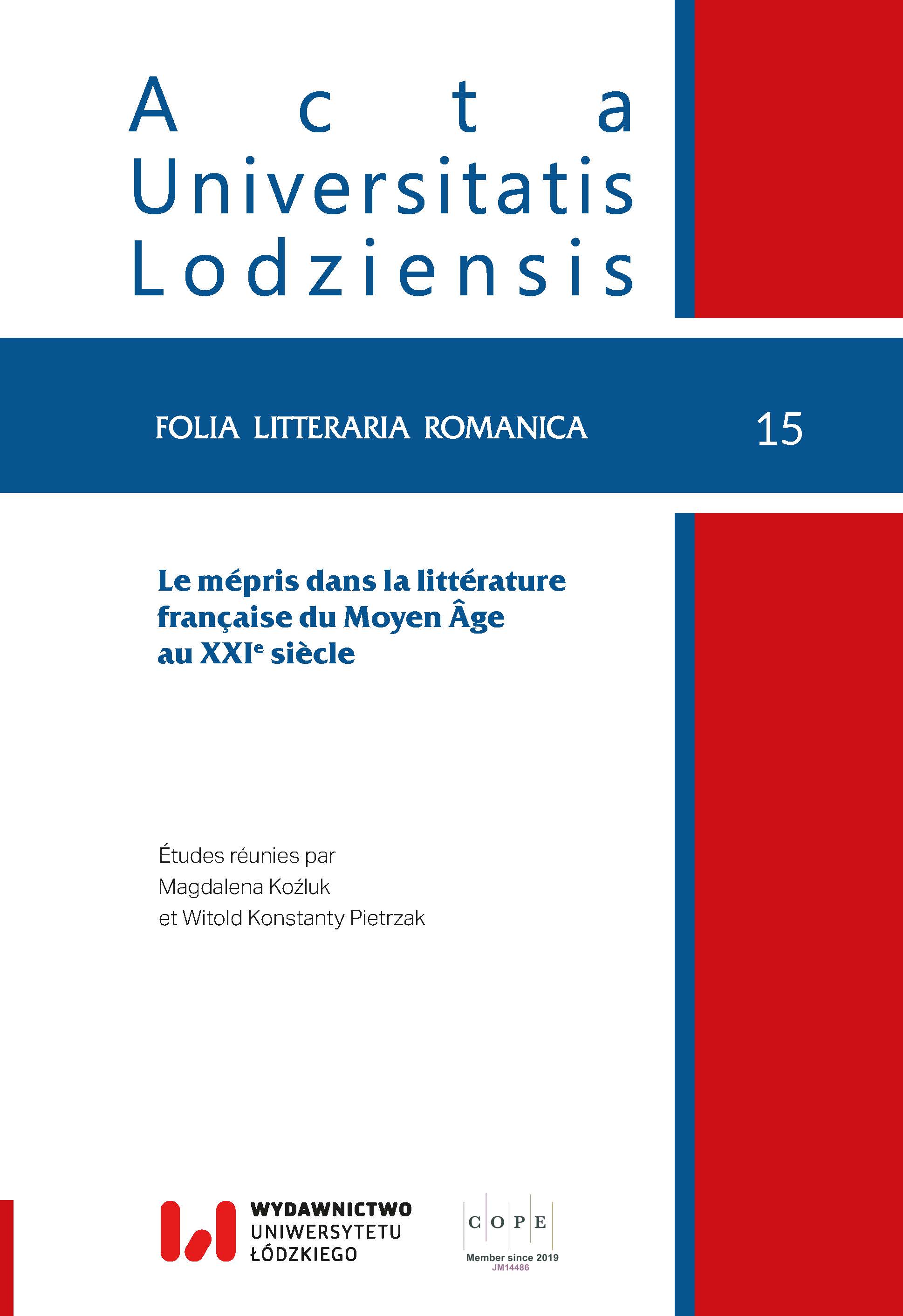« Salir pour nettoyer » : autour de la notion de pureté dans la pensée de G. Bachelard et dans la prose (néo) romanesque de M. Butor
“To Dirty in order to Make Clean”: Around the Concept of Purity in the Philosophy of G. Bachelard and in the New Novel of M. Butor
Author(s): Joanna Kotowska-MiziniakSubject(s): Studies of Literature, Philology
Published by: Wydawnictwo Uniwersytetu Łódzkiego
Keywords: Michel Butor; Gaston Bachelard; L’Emploi du temps; four elements; water; air; earth; fire; New Novel
Summary/Abstract: French New Novelist Michel Butor defies the optimistic vision of four elements of nature developed by his ancient professor of philosophy in Sorbonne, Gaston Bachelard, between 1938 and 1961. Bachelard considers air, water, fire and earth as possessors of qualities and moral values like purity, which allows them to contribute to the transformation – both material and spiritual – of an impure world into an immaculate universe. Five years before the release of Bachelard’s sixth and final theoretical essay, Butor publishes L’Emploi du temps (1956), a novel that challenges the principles of an idealized vision of elements. Having received a philosophical formation, the novelist undertakes a literary discussion on the concept of purity of four elements – an idea so dear to Bachelard – and founds his book’s universe on an anti-value, impurity, until the omnipresent dirt becomes the Fifth Element, a symbolic quintessentia of the world.
Journal: Acta Universitatis Lodziensis. Folia Litteraria Romanica
- Issue Year: 2020
- Issue No: 15
- Page Range: 293-304
- Page Count: 12
- Language: French

